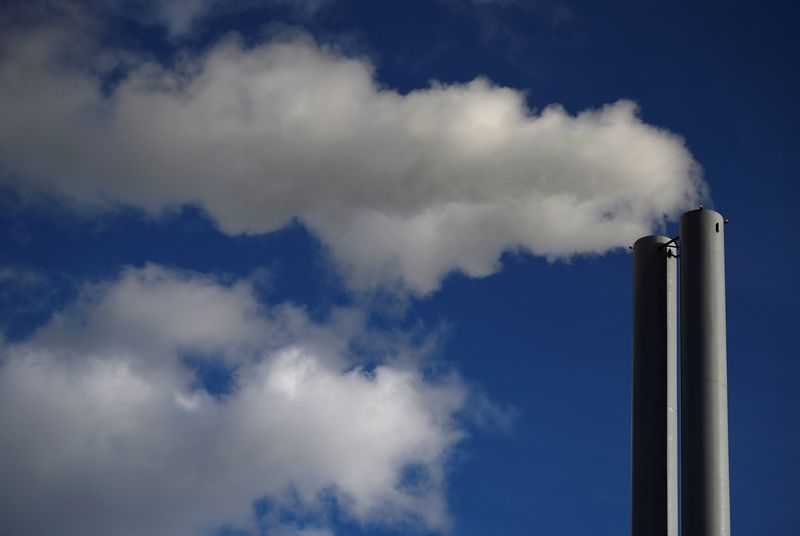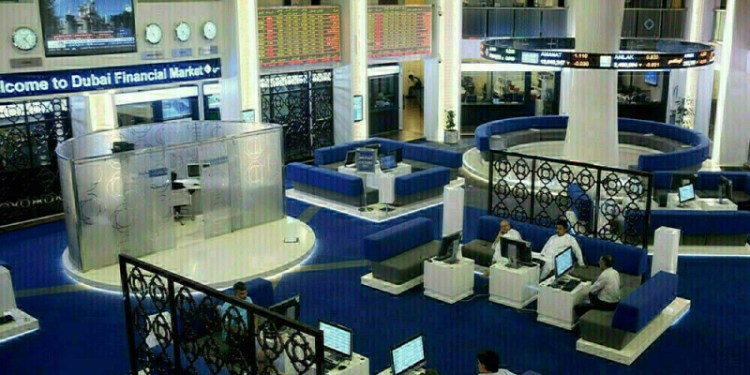
© Reuters. FILE PHOTO: General view of smoke coming from a chimney of an energy plant in Dublin, Ireland, September 24, 2018. REUTERS/Clodagh Kilcoyne
By Aftab Ahmed and Shivangi Acharya
GANDHINAGAR, India (Reuters) – Multilateral development banks must create a new funding mechanism and triple sustainable lending by 2030 to eliminate poverty and achieve climate goals, a G20 panel said in a report on Tuesday that called for big changes in the way MDBs operate.
The independent panel, headed by economists Lawrence Summers and N.K. Singh, was commissioned by the Group of 20 nations to propose reforms for MDBs.
“Individually and collectively, MDBs must become effective agents in all developing countries for integrating the development and climate change agendas,” said the report, which was tabled during the G20 finance meeting in India’s western state of Gujarat.
Excluding China, which has sufficient domestic resources to finance its transition to clean energy, the panel estimated that developing countries would need to spend an additional $3 trillion annually by 2030 to cover investments in climate action and meet their development goals.
Of this, the report said around $1.8 trillion should go towards sustainable infrastructure, a four-fold increase since 2019, while $1.2 trillion would be needed to achieve other goals, including a 75% increase in spending on health and education.
“The international development finance system should be designed to support this spending by providing $500 billion in additional annual official external financing by 2030, of which one-third (should be) in concessional and non-debt creating financing and two-thirds in the form of non-concessional official lending,” the report said.
MDBs, like the International Monetary Fund and World Bank, must work with governments and the private sector to reduce, share and manage risks and thus bring down the cost of capital, it said.
It also said that MDBs should provide an incremental $260 billion of additional annual official financing, of which $200 billion should be in non-concessional lending, and help mobilise and catalyse private finance.
The G20 will continue to work towards resolving differences in helping low-income countries manage their debt burdens and free up funding for climate financing.
Countries like Zambia and Ghana have been waiting for big creditors to make progress in providing debt relief under the so called “Common Framework”, which is led by the G20.
Global creditors, debtor nations and international financial institutions agreed in April to galvanise the Common Framework – a platform supposed to speed up and simplify the process of getting financially ailing economies back on their feet.
Zambia, locked in default for almost three years, struck a deal last month to restructure $6.3 billion in debt owed to governments abroad including China, but many challenges remain.
Source: Investing.com





























